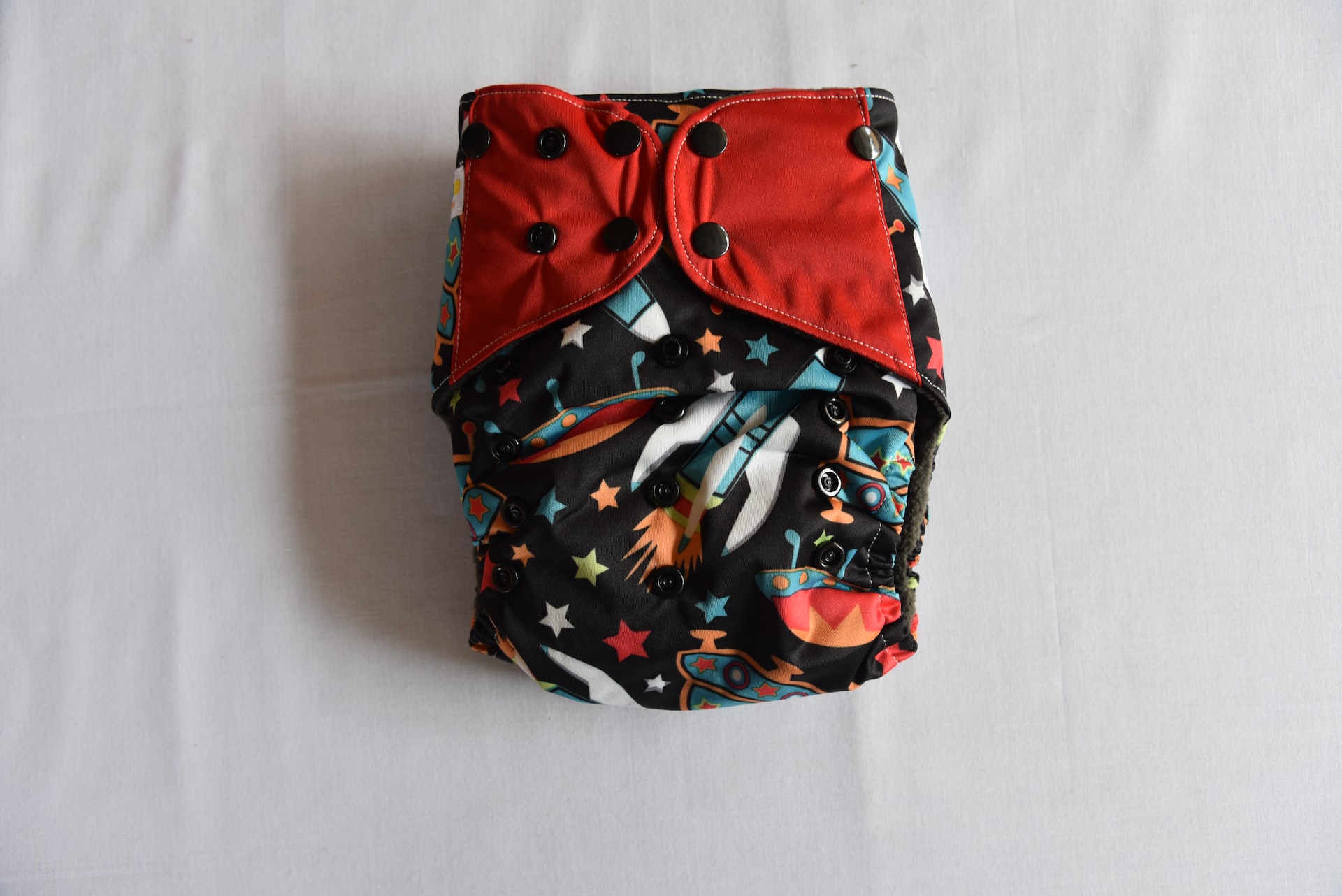
Body + Mind is reader-supported. We may earn an affiliate commission when you buy through some of the links on our site.
If you’re expecting a little bundle of joy, one necessity you’re sure to add to your baby shower registry is diapers. However, deciding between stacks of disposables and old-fashioned yet eco-friendlier cloth models requires more forethought.
Protecting planet earth is a collective responsibility. However, reality denies many busy parents the time they’d like to have to bond with their baby already — and adding more laundry to the mix doesn’t help matters. Are cloth diapers worth it? Here are three considerations.
North Americans alone add 30 billion disposable diapers to landfills each year. A quarter-million trees sacrifice their lives for the wood pulp to make the filling. However, deforestation is not the only environmental woe these conveniences cause.
Roughly 90,000 tons of polypropylene plastic also enter landfills — and stays there. This substance never biodegrades. Instead, it breaks down into microplastics, which enter the ocean, poisoning marine life, and anyone further up the food chain, like humans.
Another noxious substance is sodium polyacrylate absorbent gel, also manufactured from petroleum. Artificial dyes round out the mix, often leaching into groundwater, contaminating it.
Additionally, disposable diapers leak the following chemicals into the earth and, eventually, our groundwater supply:
The final eco-problem with disposable diapers? Getting them to the store. Trucks account for 60% of the total greenhouse gas emissions produced by the United States. A single baby can go through upwards of 3,000 diapers a year — meaning an awful lot of store shelves needing to be stocked and families driving to pick them up.
However, those that advocate for disposable diapers make ecological points, too. One study performed by the UK Environmental Agency found that the carbon dioxide produced by washing reusable cloth diapers exceeded disposables. Those who see climate change only from greenhouse gas production have a point.
Another issue is cotton production itself. It uses considerable water resources, and the fertilizers used in cultivation create considerable greenhouse emissions. Furthermore, it takes power to run the machines to spin the cotton into cloth diapers.
Finally, trucks likewise need to move these items to their destinations. While they don’t need to be replaced, many busy parents opt for diaper services instead of washing their items at home. This convenience adds to clogged roadways and carbon emissions.
However, climate change is multidimensional, including changes to our earth and water. It’s probably impossible to calculate the precise impact each family’s choice has on their overall carbon footprint.
What does this mean for busy parents? Ultimately, deciding what type of diapers to use is your choice and yours alone. However, you can skip the guilt trip when you pick up a pack of disposable nappies at the store. They’re not great for the alternative — but neither is the most popular alternative.
Disposable diapers didn’t even become a thing until the 1950s. Before that, parents everywhere fought with bobby pins and complicated cloth folds. However, even those conveniences weren’t widespread until after Eli Whitney invented the cotton gin.
In ancient times, babies in tropical environments often wore nothing at all. Their parents quickly learned which wiggles and squirms meant an imminent ejection of bodily fluids. They’d get the infant to a safe place — or at least hold them out to make their stream away from their body.
Those in colder climates used animal skins, leaves and moss. As various fabrics were invented, diapers evolved. However, folks during the Elizabethan era rarely changed them — making you wonder how they could tolerate holding their children. Fortunately, things have gotten less stinky since then.
Once again, technology comes to the rescue of modern parents. You can now find biodegradable and compostable diapers that create a fraction of the environmental impact. However, you can’t toss the latter into your backyard bin because of the organic content — it still has to go to a commercial facility, which can be tough to find in America.
Disposable diapers labeled sustainable are a bit more questionable. While free of many chemicals found in many commercial disposables, they still break down into microplastics. However, some such companies donate to environmental causes to offset their carbon footprint — research to be sure.
There’s no simple answer to the question, “are cloth diapers worth it?” While they reduce plastic, the overall impact on your carbon footprint depends on multiple factors.
Therefore, you shouldn’t feel guilty about your choice. However, you should look into the most sustainable alternative for your growing family based on your needs and lifestyle. Protecting the planet is still everyone’s responsibility — even the youngest inhabitants.
Your email address will only be used to send you our newsletter, and at any time you may unsubscribe. For more information, see our Privacy Policy.